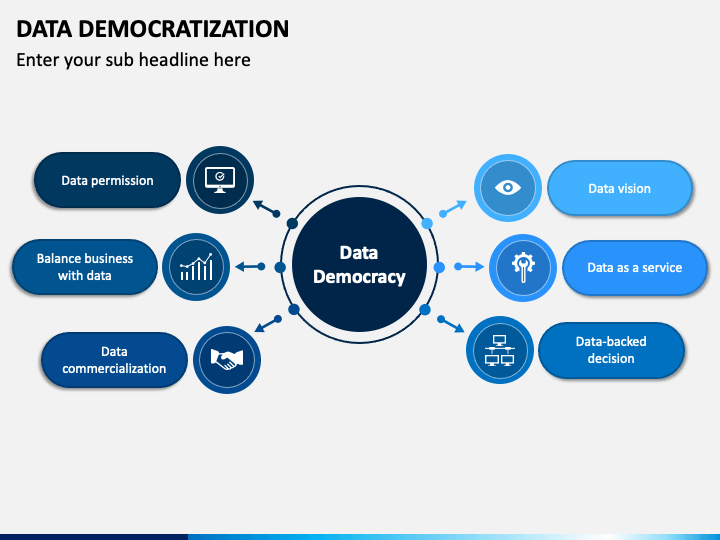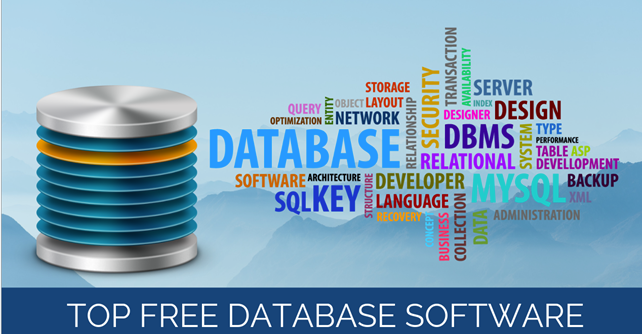Despite its importance, organizations operating within the informal sector often face numerous challenges, including limited access to resources, lack of formal recognition, and difficulties in accessing financial services. However, amidst these challenges, one tool stands out as a catalyst for growth and development: the humble database.
A database is essentially a structured collection of data that enables efficient storage, retrieval, and management of information. While the concept might seem foreign or reserved for larger enterprises, its importance for organizations in the informal sector cannot be overstated. Let's explore why databases are essential for these organizations in Ghana:
Organizing Information: Informal sector organizations often deal with vast amounts of data, including customer records, sales transactions, inventory details, and supplier information. Without a centralized system to organize this data, they risk inefficiency, errors, and loss of valuable insights. A database provides a structured framework for organizing and storing this information, making it easily accessible and manageable.
Improving Decision-Making: Informed decision-making is critical for the success of any organization. Databases allow informal sector businesses to analyze historical data, identify trends, and make data-driven decisions. Whether it's determining which products are selling best, optimizing inventory levels, or identifying potential growth opportunities, access to reliable data empowers organizations to make informed choices that drive business growth.
Enhancing Customer Relationships: Building strong relationships with customers is essential for long-term success. Databases enable organizations to track customer interactions, preferences, and purchase histories, allowing them to personalize their offerings and provide better customer service. By understanding their customers' needs and preferences, informal sector businesses can foster loyalty and increase repeat business.
Facilitating Financial Management: Managing finances effectively is a common challenge for informal sector organizations. With a database, businesses can track income, expenses, and cash flow in real-time, enabling better financial management and planning. This not only helps organizations stay on top of their finances but also facilitates access to credit and financial services, which are often crucial for growth and expansion.
Streamlining Operations: Efficiency is key, especially for organizations operating with limited resources. Databases streamline various operational processes, such as inventory management, order processing, and resource allocation, reducing manual errors and saving time. By automating repetitive tasks and workflows, businesses can focus their efforts on value-added activities, ultimately improving productivity and profitability.
Supporting Growth and Scalability: Every organization aspires to grow and expand its operations over time. A database provides a scalable solution that can grow with the business, accommodating increasing volumes of data and users without sacrificing performance. Whether it's opening new branches, expanding into new markets, or diversifying product offerings, a robust database infrastructure lays the foundation for sustainable growth.
In conclusion, databases are not just tools for large corporations or tech-savvy enterprises—they are invaluable assets for organizations operating within the informal sector in Ghana. By harnessing the power of data, these businesses can overcome challenges, unlock new opportunities, and drive sustainable growth. Investing in database infrastructure is not merely an option but a necessity for informal sector organizations looking to thrive in today's competitive landscape. As Ghana's informal sector continues to play a vital role in the economy, embracing technology and leveraging databases will be instrumental in shaping its future success.


